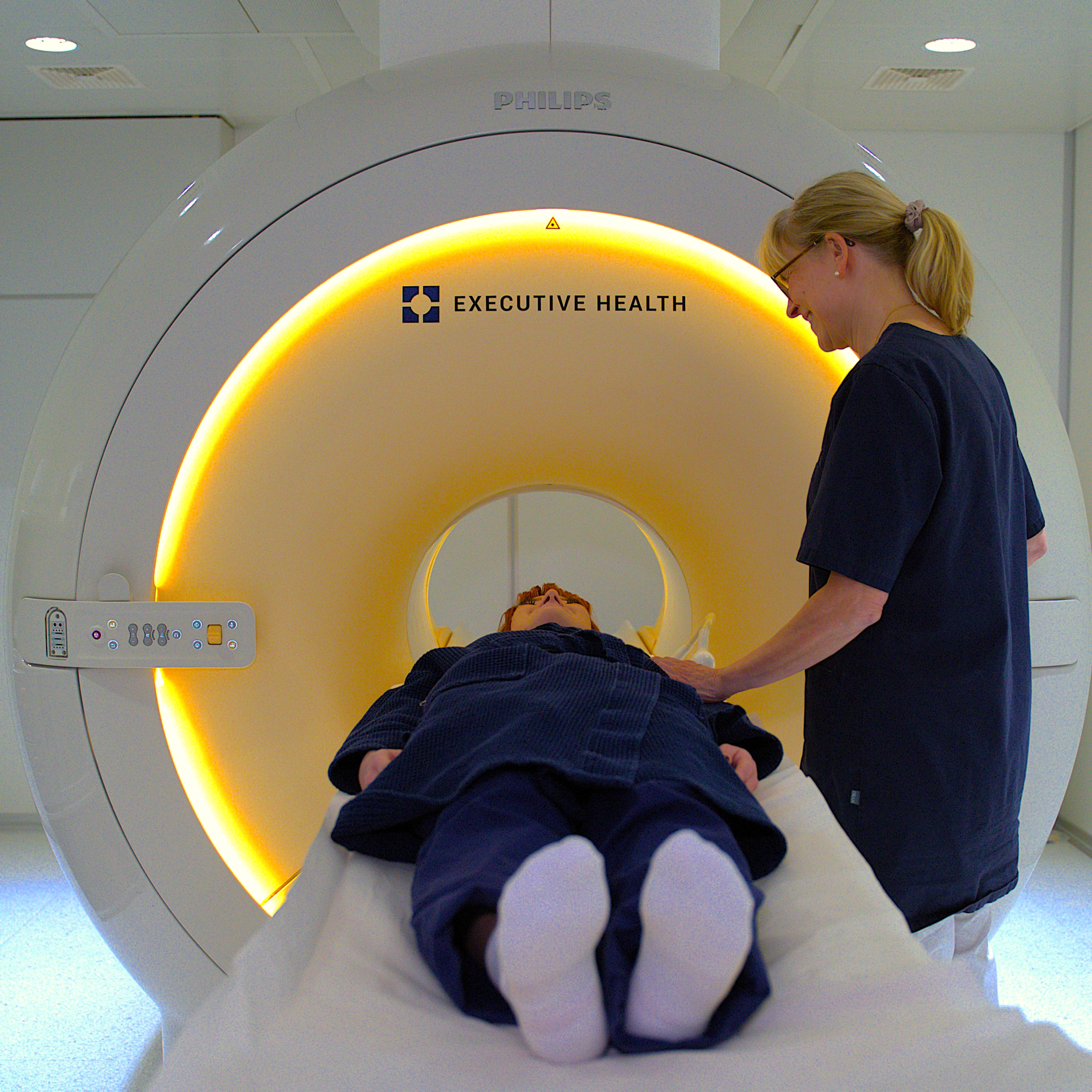Creatine, which was previously used mostly by bodybuilders, is now being recognized for its broader health benefits — including muscle growth and cognitive support. Dr Peter Attia, the longevity physician, calls creatine one of the most effective and well-documented supplements.
Although our preventive clinic usually avoids recommending supplements — given the overwhelming and often confusing array of options — we felt that the current evidence around creatine is strong enough to share. The data supporting its safety and health benefits, especially in muscle and cognition, is both substantial and growing.
Main Benefits
- Creatine supplementation significantly improves muscle growth and strength.
- It shows promising effects on short-term memory, working memory and cognitive endurance under stress.
- Creatine monohydrate is the most studied form; cost-effective, highly bioavailable, and with an excellent safety profile.
- While many supplements lack strong evidence, creatine is among the few with decades of human research and minimal adverse effects reported in healthy individuals. Reviews show safety at standard doses (3–5 g/day) without negative impact on kidney function in most healthy people.
Best Form & Dosage
- Use creatine monohydrate — the form with the most solid evidence.
- Typical dosage: 3–5 grams per day for maintenance. A “loading phase” (for example 20 g/day for a week) is optional but not required.
- Ensure you are well hydrated. People with existing kidney disease or taking medications affecting kidneys should consult their physician before starting.
Safety & Caveats
- In healthy adults, creatine has a strong safety record.
- Adverse effects are rare, but some individuals may experience water retention, stomach upset, or bloating — more common when large loading doses are used.
- Quality matters: because dietary supplements are less regulated than medications, choose products that carry third-party certification and avoid unknown “blend” products.
- While cognitive benefits are promising, regulatory authorities caution that claims for cognitive enhancement are not yet consistently supported by rigorous evidence.
Conclusion
For individuals looking not just at performance but long-term health, creatine offers a compelling, evidence-based option. It is not a magic bullet, but when paired with strength training, adequate protein, good sleep, and overall healthy habits, it may meaningfully contribute to muscle preservation, cognitive resilience, and longevity.
.png)

.png)


.png)

.png)
